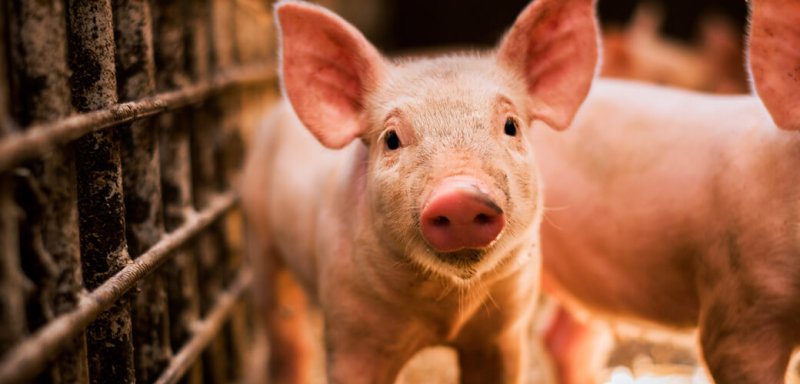Cutting-edge gene-editing techniques such as Crispr-Cas9 will enable scientists to make precise genetic changes to pig physiology, they say, leading to animals impervious to common maladies such as porcine reproductive and respiratory syndrome, a virus that costs the U.S. pork industry hundreds of millions of dollars a year.
“It has the potential for being a great tool,” says Gordon Spronk, a veterinarian and chairman of Pipestone Holdings LLC, a Minnesota hog-breeding company. Producing pigs that aren’t susceptible to common ailments would be a big advantage, he says.
…. The technology is likely years from placing modified pigs in U.S. barnyards, but companies such as Genus GNS …. of the U.K. are moving forward with gene-edited pigs overseas. Pork producers worry that the U.S. regulatory environment could slow the technology’s path to U.S. farms, while rivals in China and South America harness it to boost their own pork industries.
…
Genus is pursuing the research in China, in partnership with a Chinese company …. [Genus] aims to introduce gene-edited hogs in the U.S., as well. But because the U.S. exports about one-third of its pork, he says the technology needs to be approved in China ….
Read full, original article: In Search of a Better Pig (Behind paywall)































